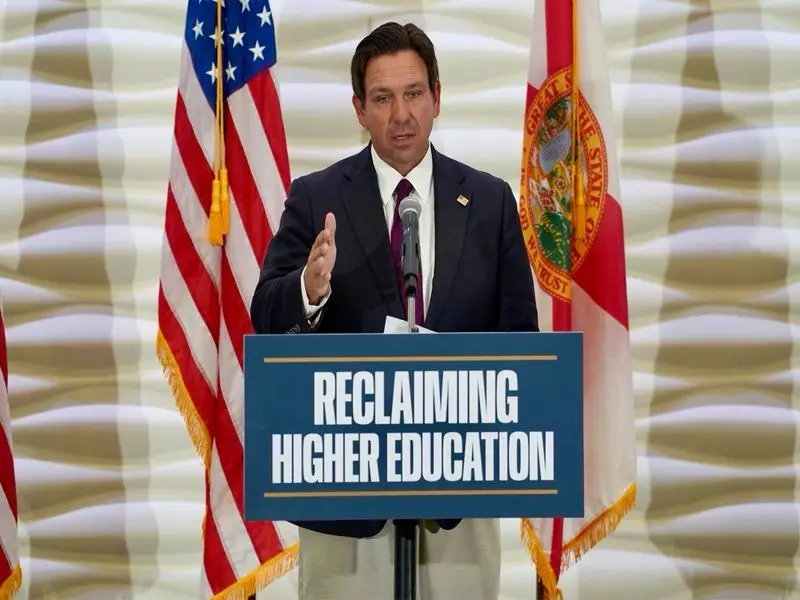
In a move that could significantly impact Indian students and researchers, Florida Governor Ron DeSantis has issued a sweeping executive order that prohibits state universities from using federal funds to sponsor H-1B visas for international faculty and staff.
What the Executive Order Means for Indian Academics
The controversial order, signed on May 10, 2024, effectively blocks Florida's public universities from participating in the H-1B visa program using federal funding. This decision directly affects Indian professors, researchers, and academic professionals who constitute a substantial portion of H-1B visa holders in American higher education institutions.
Key Implications of the Ban
- State universities cannot use federal funds for H-1B visa application fees
- Restrictions on hiring international talent for research and teaching positions
- Potential brain drain from Florida's academic institutions
- Increased challenges for Indian students seeking academic employment after graduation
Broader Impact on US-India Educational Exchange
Florida hosts several prominent state universities, including Florida State University, University of Florida, and Florida International University, which collectively employ hundreds of international faculty members. The ban could:
- Force universities to seek alternative funding sources for visa sponsorship
- Create recruitment challenges for specialized academic positions
- Reduce diversity in faculty and research teams
- Affect research projects dependent on international expertise
The timing is particularly concerning as Indian students represent the second-largest group of international students in the United States, with many aspiring to transition from student visas to H-1B status for academic careers.
Political Context and Future Implications
Governor DeSantis, who recently suspended his presidential campaign, has positioned immigration reform as a key priority. The order aligns with his broader stance on limiting foreign worker programs, though this marks one of the most direct interventions in academic hiring practices.
Education experts warn that if other states follow Florida's lead, the United States could see a significant reduction in international academic talent, particularly in STEM fields where Indian researchers have made substantial contributions.
The long-term consequences for US higher education and research competitiveness remain uncertain, but the immediate impact on Indian academics seeking positions in Florida institutions is clear and substantial.





